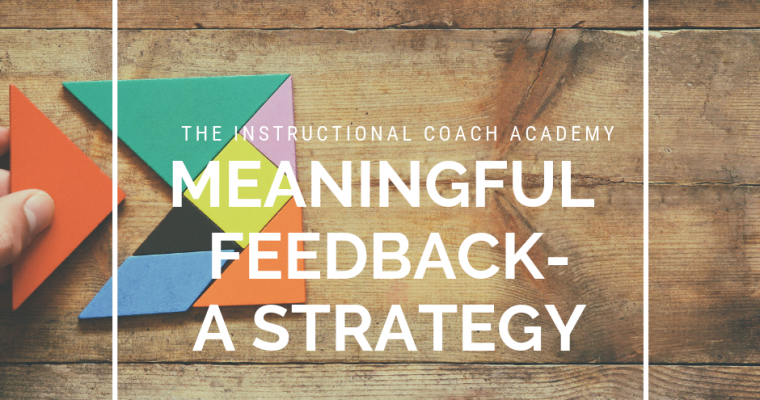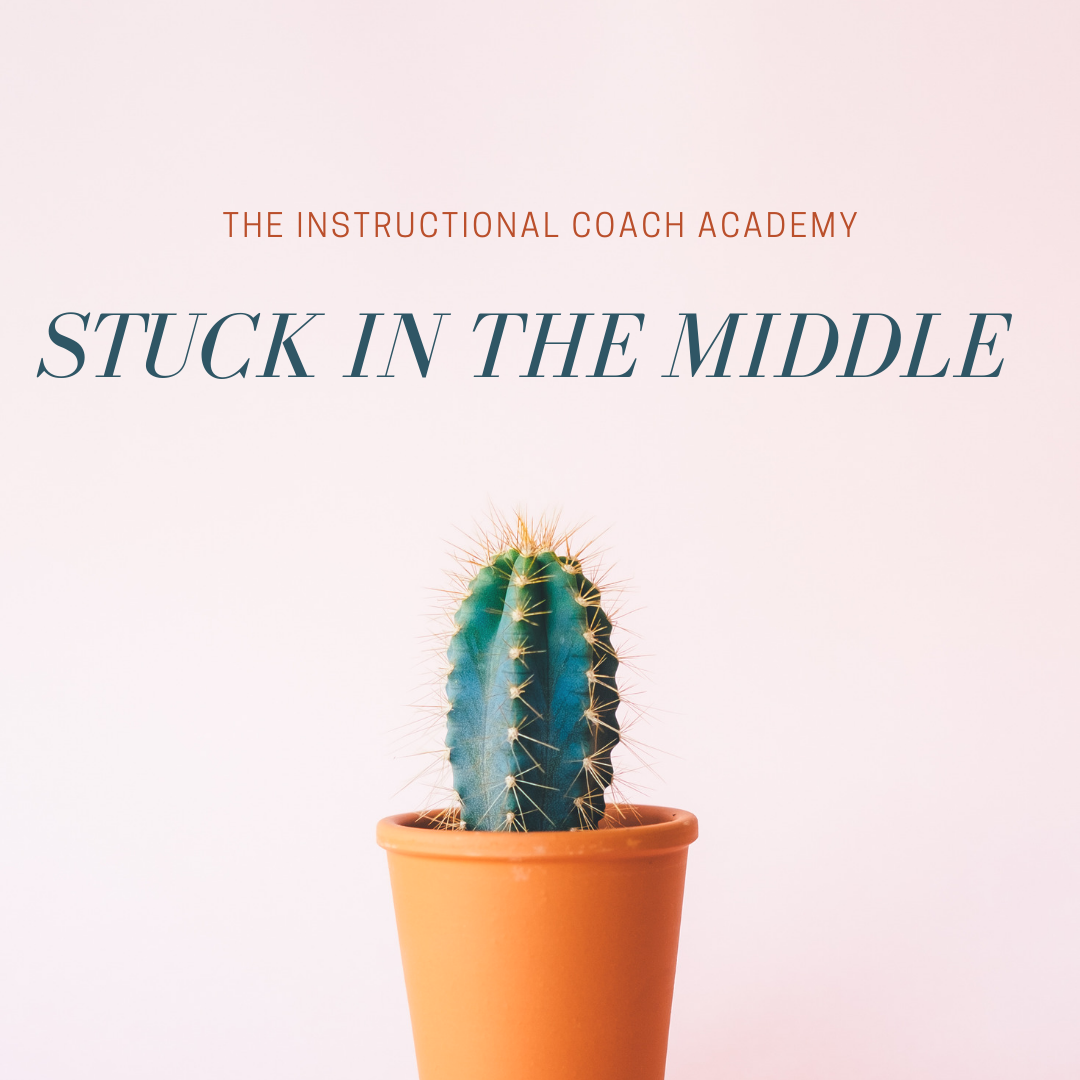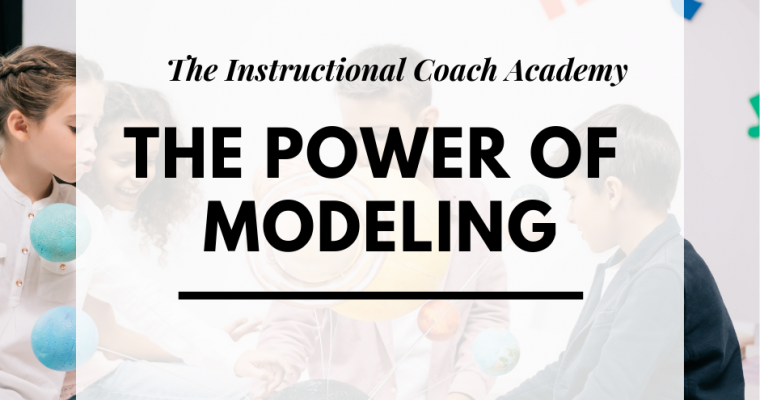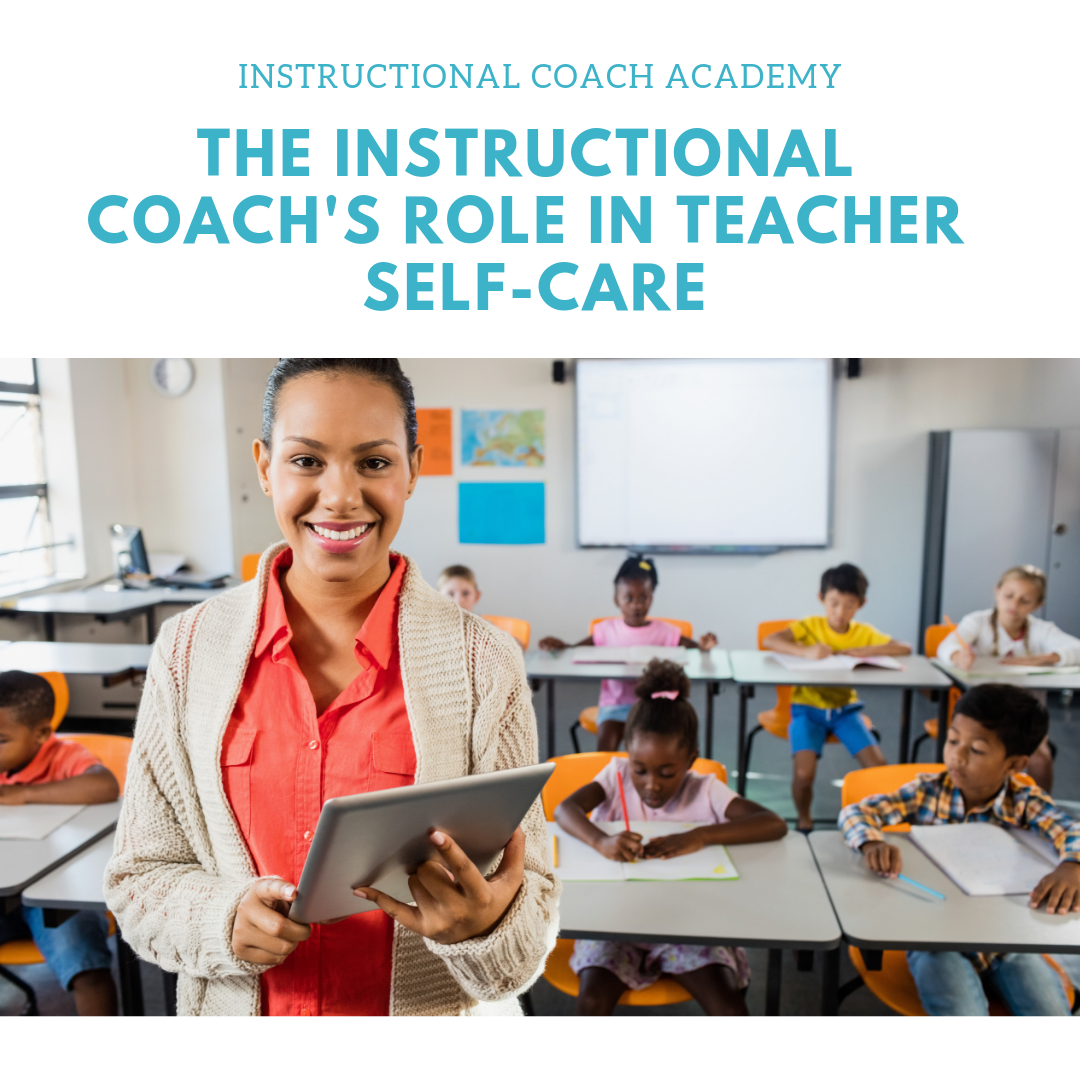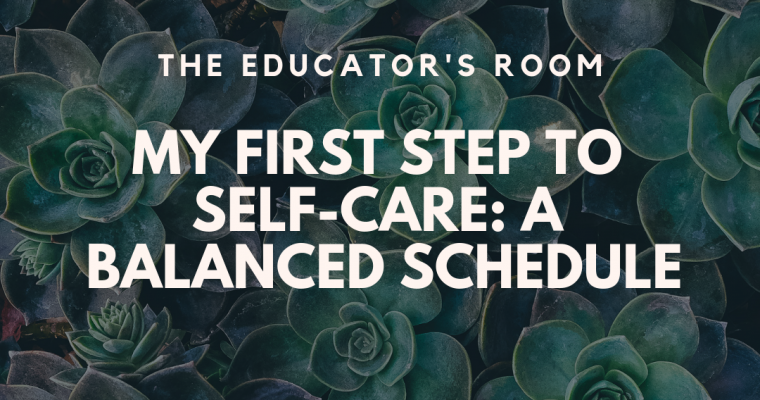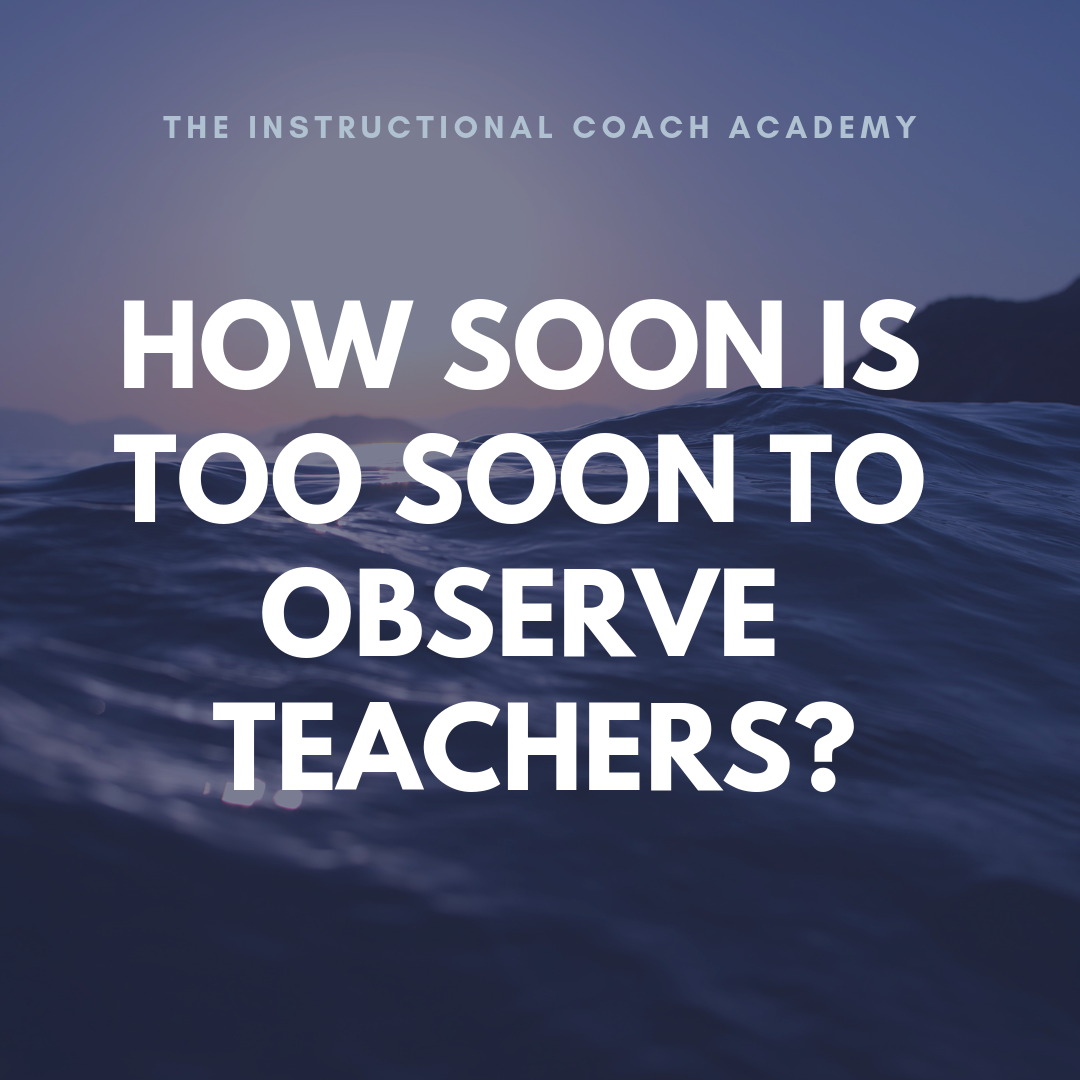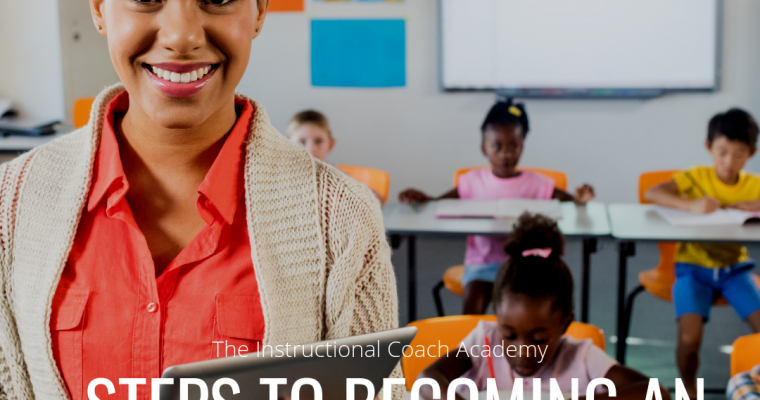Meaningful Feedback-A Strategy
Today, I had a teacher tell me she “always feels so supported” when she gets feedback from my visits. That is an incredible compliment. It made me wonder why instructional coaches don’t receive feedback like that more often. I don’t have all the answers, but […]
